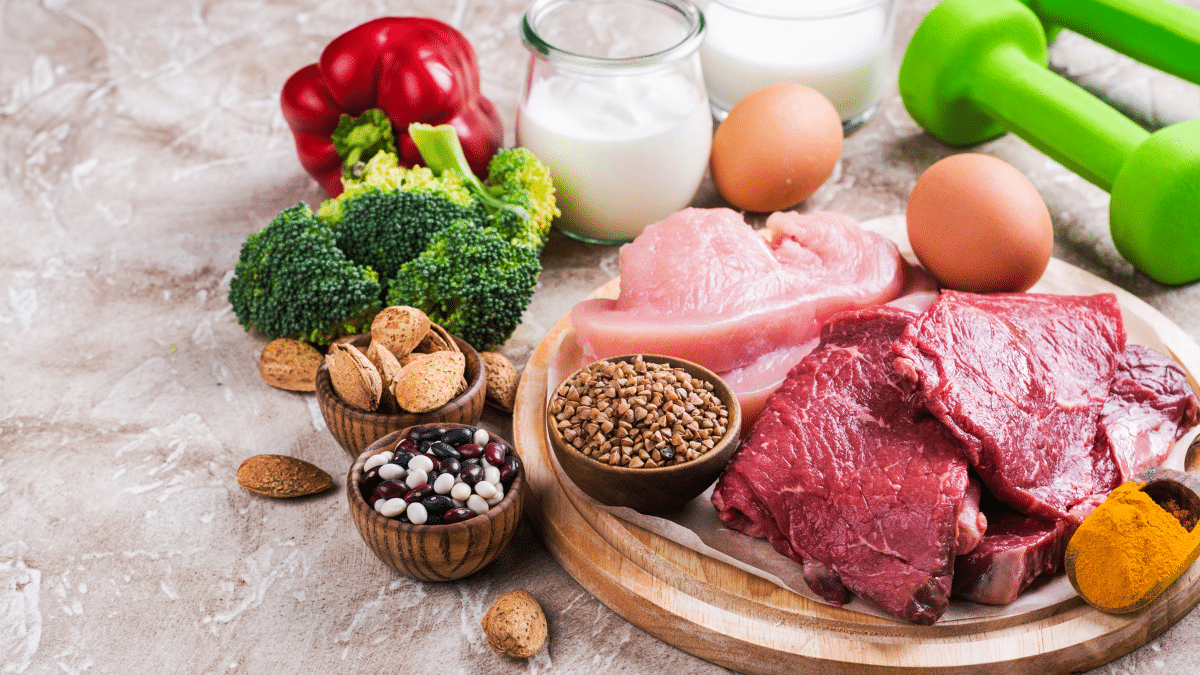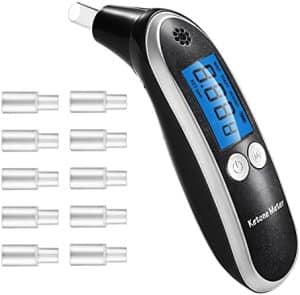If fat loss is your goal, you’ve likely asked: protein vs. calories—which has the bigger impact?
The truth is, both matter. But if you want to burn fat while preserving muscle, there’s a smart way to prioritize your nutrition strategy.
🥩 What’s the Role of Protein in Fat Loss?
Protein does more than build muscle—it’s a metabolic powerhouse:
- Increases satiety: Keeps you full longer.
- Preserves lean mass: Protects muscle during a calorie deficit.
- Thermic effect: Burns more calories during digestion (up to 30%).
Consuming 0.8g–1.0g per pound of body weight helps most people retain muscle while losing fat.
🔥 What Do Calories Do for Weight Loss?
Calories determine whether you gain or lose weight. Period.
To lose fat, you must create a calorie deficit—burning more than you consume.
The deficit doesn’t need to be extreme. Aim for:
- 250–500 calorie deficit/day = 0.5 to 1 lb fat loss/week
- Combine with NEAT (non-exercise activity) and training for best results
But here’s the trick: what you eat within that deficit matters—and that’s where protein wins.
📊 Protein vs. Calories: Key Stats
| Nutrient | Fat Loss Impact | Satiety | Muscle Retention |
|---|---|---|---|
| Protein | High | High | Very High |
| Calories | Essential (must be in deficit) | Variable | Depends on macros |
Research shows that high-protein diets preserve more muscle during weight loss than low-protein ones—even when both diets have the same calories.
In a 12-week study (Layman et al.), participants on a high-protein diet lost 22% more fat than those on a high-carb, low-protein diet—even though both had the same total calories.
🤯 Why Prioritize Protein First?
Here’s why protein often matters more:
- Muscle = Metabolism
Preserving muscle helps keep your metabolism higher as you lose weight. - Craving Control
Protein keeps you full longer and curbs snacking. - Nutrient Efficiency
While calories fuel your body, protein fuels lean tissue repair.
So yes—you need a deficit. But without enough protein, you’ll lose weight and muscle. That leads to the dreaded “skinny fat” look.
🍽 How Much Protein Do You Need?
Use this simple formula:
- 0.8–1g per pound of GOAL body weight
- For obese individuals: 0.6–0.7g per pound may be more appropriate
Example:
- Goal body weight: 170 lbs
- Protein target: ~136–170g/day
Distribute protein evenly across 3–5 meals to support muscle retention and appetite control.
📏 Calories First, Then Macros?
Yes. Your plan should follow this order:
- Set your calorie deficit
- Hit your protein target
- Balance fats and carbs around your lifestyle and energy needs
Protein acts as the foundation; calories control the roof. You need both—but start from the ground up.
❓ What Happens If You Ignore Protein?
- Muscle loss during weight loss
- Slower metabolism
- Increased hunger and cravings
- Lower performance in the gym
Even in a perfect calorie deficit, you can sabotage results by under-consuming protein.
⚖️ Protein vs. Calories: Which Should You Track?
Both. But if you can only manage one, start with protein.
Why?
- You’re more likely to naturally reduce calories by eating more protein.
- Tracking just calories can lead to nutrient-poor food choices.
Tracking protein helps you focus on quality, not just quantity.
🧠 Key Takeaways
- You need a calorie deficit to lose fat—but protein makes that deficit work better.
- Protein helps preserve muscle, suppress appetite, and raise metabolism.
- Prioritize protein within a calorie-controlled diet for best results.
- Use the formula: 1g per pound of goal body weight.
- Fat loss without muscle retention = poor long-term results.
Read Next…
- The Dangers of Ketosis While Fasting
- How to Use Functional Exercise to Improve and Determine Longevity
- How to Use a Breath Ketone Meter on a Fast or Keto Diet
- How to Survive a Prolonged Fast: A Practical Guide for Fat Loss and Health
- My 7-Day Fasting Journey: A Fitness Detox Story
Subscribe now and get a 14-day free trial workout app for iPhone users.





